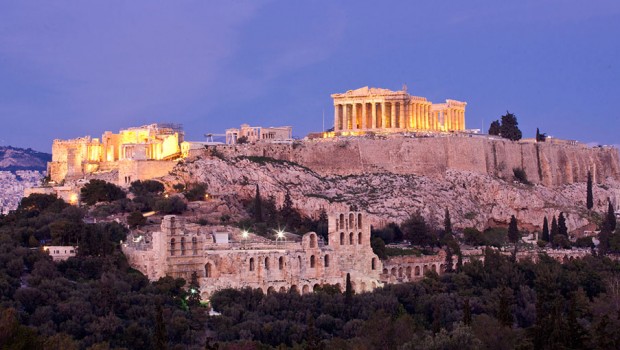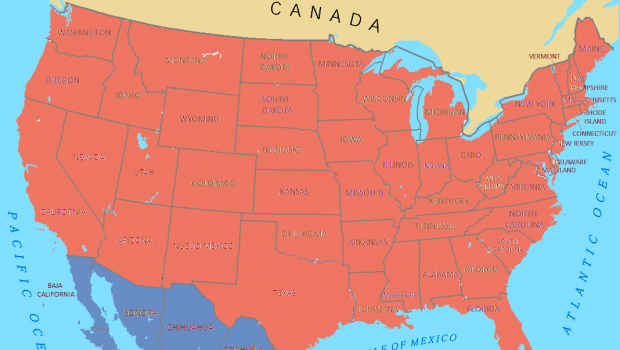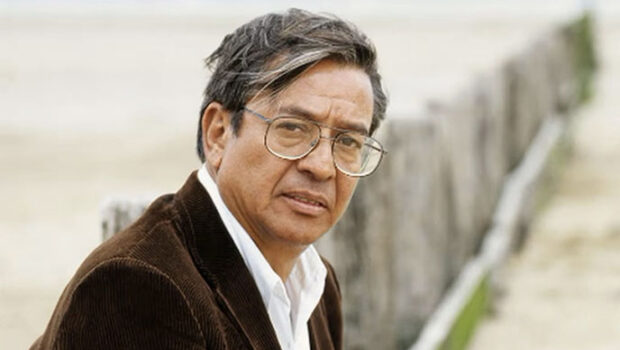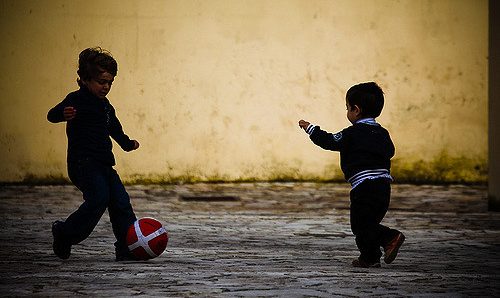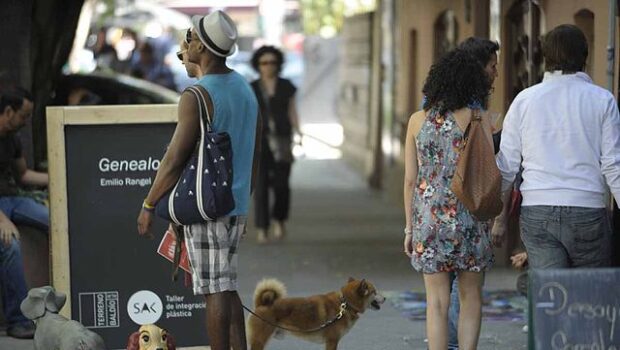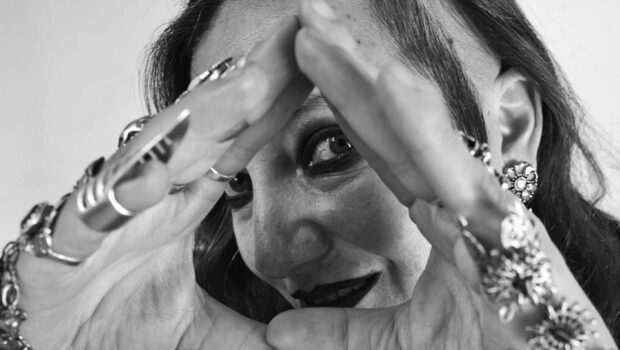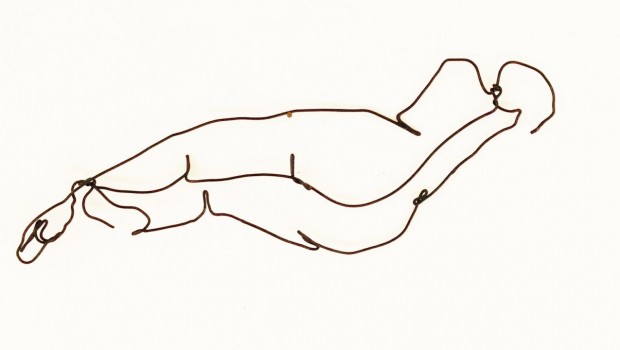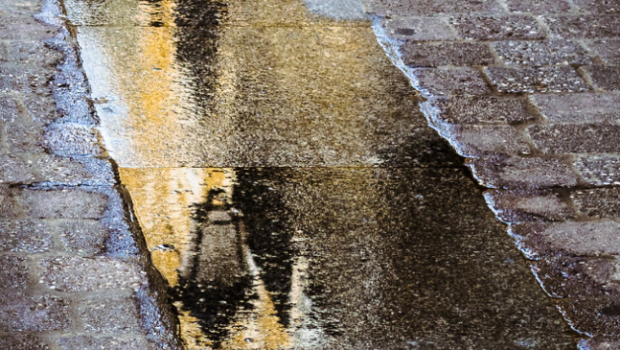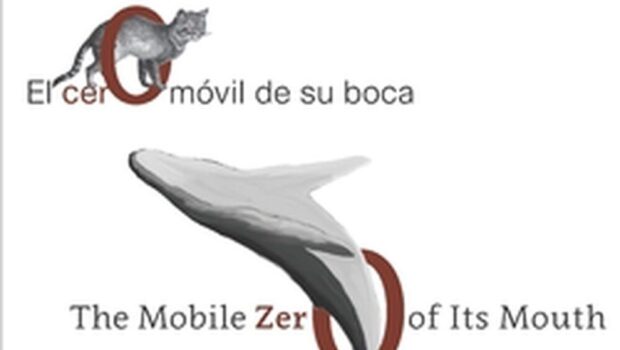On turbulence and possibility: A view from the Acropolis
Tanya Huntington
“Things are difficult,” is the phrase one hears most often in response to the usual polite queries as to how things are going in Greece. Following a decade of unrelenting economic crisis and more recently, an unprecedented surge of refugees who are fleeing from the civil war in Syria, this may very well be roughest go Greece has had of it in many years.
But even in the best of times, things were difficult. Back in the 5th century B.C., after a series of military victories that can safely be termed heroic, if not miraculous, the Athenians returned as refugees to their own city only to find it sacked and destroyed by the Persian invaders. In a state of euphoria despite these severe material losses, they entered into a stage of rebuilding so powerful and so charged with creativity, we continue to define it as “classic” and find it worthy of imitation some 2,500 years later. Even a former soldier who went by the name of Socrates became a sculptor by trade, like his father before him, and pitched in carving statuary for the Acropolis as a prelude to inventing a new brand of philosophy.
Two weeks ago, in fulfillment of a lifelong dream, I found myself climbing the Propylaea. As I took in the view from the Parthenon, I couldn’t help but wonder what is it about the concept of Athens that remains so compelling, no matter how dire the reality. Perhaps it is, indeed, the ability of this particular polis to bounce back from adversity with a vengeance, not content to merely survive, but emerging victoriously as Nike, wings spread open wide. Let’s not forget that according to its foundational myth, the city weighed naming itself after Poseidon in reference to the maritime power of the Greeks, who tended to hold the advantage by sea in battle even when victories by land were nigh impossible. But its inhabitants chose instead to honor Athena, the goddess of wisdom with the flashing eyes whose main trait, as Homer repeatedly reminds us, is that of finding clever solutions in the face of adversity.
Traveling through Greece by land or by sea reveals that it is a turbulent country by geography, if not by nature. Its political turmoil is the stuff of legend—even the classic period was marred by constant warfare—and extends all the way to the present economic debacle, one that has engulfed and indeed, threatened the stability of the entire European Union. This is reflected in a highly precarious geography, the sea on either side capable of wrecking ships or disorienting sailors on their way home from war, the land mass overwhelmed by mountains unable to sustain much of anything except for olive trees and goats. It is no coincidence that Athena won the contest against Poseidon and clinched the city as her namesake by planting an olive tree, a mythological incident that forever inscribed its branch as a symbol of peace and victory in our minds. And as for the goat: the word tragedy or tragodia, a genre that continues to govern our theatrical appreciation today (comedies do not tend to win Best Picture at the Oscars, after all) originally meant, as I was once taught by a memorable historian named Kobialka, “either the skin of a goat, or a dance around the skin of a goat”.
There is a saying in Spanish in the sense that a rough sea can bring a good catch. Journalist Yaiza Santos reminds us in a recent article for ABC that Mexico benefited enormously from the Spanish Civil War when President Lázaro Cárdenas welcomed in the late 1930s more than 20,000 refugees of the defeated Republican cause, with no strings attached other than a constitutional prohibition on any further political activism. Many of these political exiles channeled their energies into culture (a word that, by the way, is derived from the Greek for cultivation). Among countless other endeavors that transformed Mexico—the publishing industry, to give one example, benefited enormously—the refugees followed the Athenian example of making the best of a bad situation, founding the Ateneo Español de México, or the Spanish Atheneum of Mexico, dedicated to preserving all that has endured in Western civilization despite the slings and arrows of outrageous fortune.
Yes, the temples built by Syrian refugees will be mosques rather than tributes to pagan goddesses and their philosophers. But should this be a sticking point? Whether those forced by civil strife to abandon their homelands eventually return and rebuild or whether, like so many Spaniards, they become permanent exiles, we would do well to remember the value of their resilience and consider them as assets, rather than condemn them to live in camps or worse yet, turn them away from our shores.
 Tanya Huntington is the author of Martín Luis Guzmán: Entre el águila y la serpiente, A Dozen Sonnets for Different Lovers, and Return. She is Managing Editor of Literal. Her Twitter is @Tanya Huntington
Tanya Huntington is the author of Martín Luis Guzmán: Entre el águila y la serpiente, A Dozen Sonnets for Different Lovers, and Return. She is Managing Editor of Literal. Her Twitter is @Tanya Huntington
Posted: April 18, 2016 at 9:22 pm


